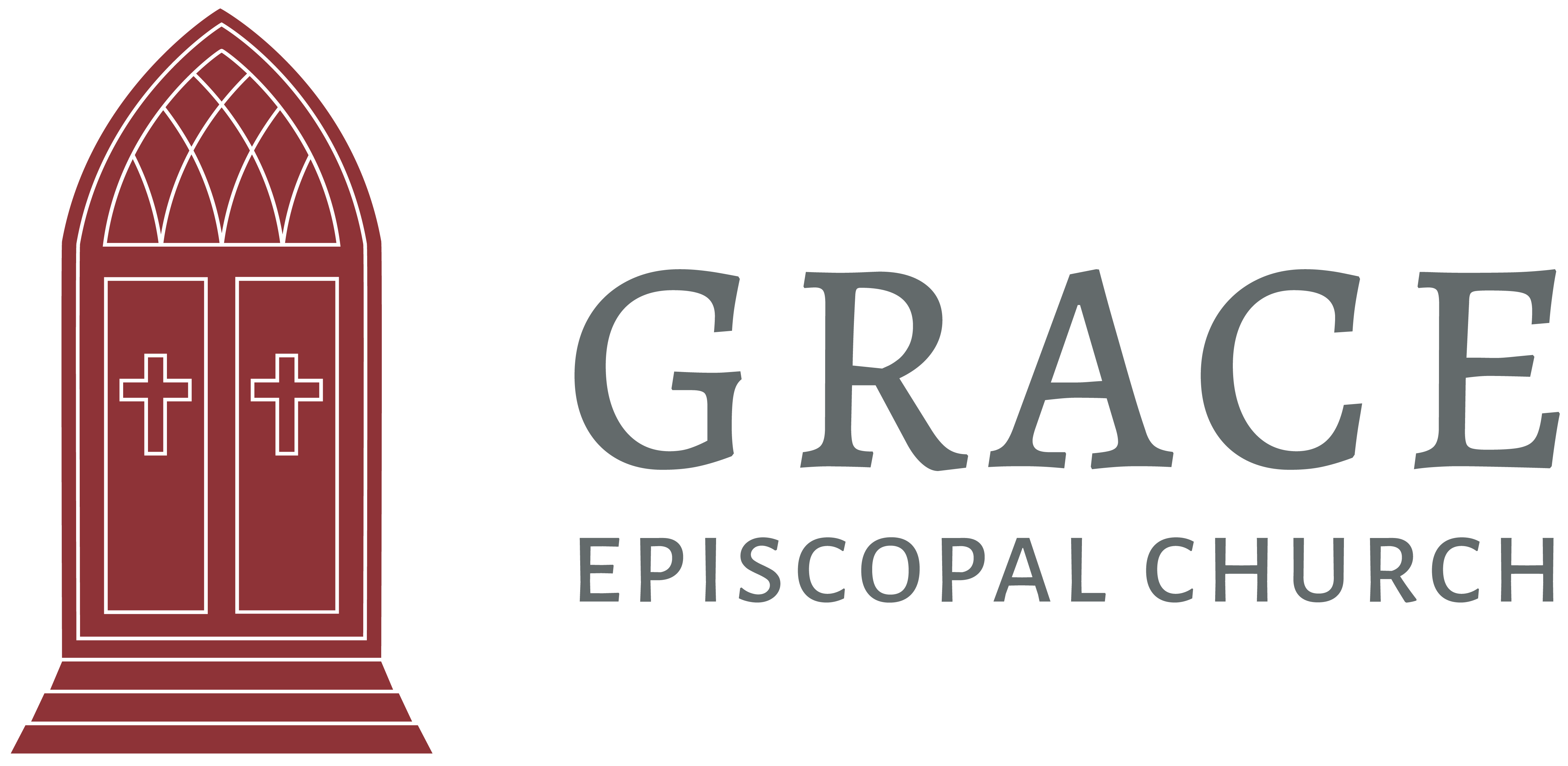Psalm 83; 2 Samuel 11:1-27; Acts 19:11-20; Mark 9:2-13
The lectionary (the scheme of daily Bible reading for worship approved by The Episcopal Church) has a clever contrast-and-compare here. David, looking out his window, is dazzled by the very this-worldly beauty of Bathsheba, so much so that he’s willing to put his kingdom, reputation and soul at risk to have her. (And as a note: while Bathsheba’s bathing habits certainly lack discretion and make one raise one’s eyebrow, since if the king can see her from his roof, it’s nonetheless the case that the king himself is the one with all the power here. Bathsheba should have drawn the curtains, but David thinks of her as a thing to be possessed, sending for her like some order off Amazon, and it’s David who will catch all of the prophet Nathan’s vented ire for the affair, not Bathsheba. She could hardly have refused, after all–he is the king.) By contrast, the apostles are dazzled by the very other-worldly splendor of Jesus, so much so that they’re almost incapable of action at all (or in Peter’s case, of reasonable thought and humble silence).
The world can be a dazzlingly beautiful place. Croatia’s Plitvice waterfalls, the fish-clouded lagoons of French Polynesia, the stars over Petra on a cloudless night, every hummingbird ever, dew on spiderwebs, Nicole Kidman: God has done some really fine engineering with the created order. So much so that the beauty of the world can leave us awestruck, as it should. I get the impulse of pious paganism to worship the creation: the creation is gorgeous. It is also, however, amoral. Beauty is no guarantee of goodness, and some of the ugliest exteriors house some of the kindest, more caring hearts. When we spend all our time waxing poetic about the beauty of the world, it can blind us to the call to human beings to elevate and not merely admire. To till and keep the garden, which means to improve on an already great thing, as it says in Genesis. As moral agents, we’re called to infuse the lush beauty of creation with the moral beauty of sacrificial love that we learn from looking at Jesus.
The transfiguration, tomorrow’s festival, is about inner beauty. It’s no rejection of outward appearance, but it does remind us to look deeper, to elevate and not merely admire. As such, it’s an environmental mystery of the Faith: you can’t bring spiritual beauty and goodness and holiness to dodos or passenger pigeons any longer, because we squandered their beauty. And we should be careful not to squander any more of the world’s dazzling beauty–not rainforests, not glaciers, not coral reefs, not the glimpses of God reflecting in the eyes of each and every human being no matter how squalid and sordid and angry and ‘hopeless’ we may find their condition to be. Because lurking beyond the beauty and the squalor of the creation is another, deeper and more surprising beauty. And who wouldn’t want to see that blossom as well?

